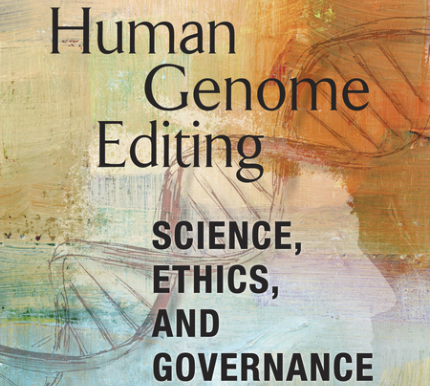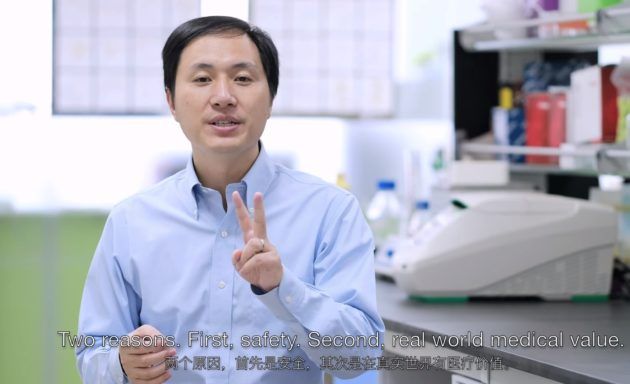Gene Editing Blasted by Academics, Ethics Officers
When MIT Technology Review revealed that He Jiankui, a Chinese scientist, had created the world’s first CRISPR-edited babies, he was condemned by academic ethics experts worldwide. The Shenzhen City Medical Ethics Expert Board has since said it would begin an investigation of his research.
Another woman is already pregnant with the next CRISPR baby, according to Jiankui, the Chinese scientist who claims to have already created the world’s first genetically-edited babies.
During the Second International Summit on Genome Editing, November 27-29 in Hong Kong, the controversy took center stage internationally, in spite of other groundbreaking news about the successful landing of Insight on the surface of Mars.

A U.S. research guide on genome editing makes clear that it is far from ethical to practice outside of the laboratory.
Jiankui, based in Shenzhen, announced he had altered the DNA of two twins before they were delivered to a mother in China. No scientific ethics group approves of efforts to alter human DNA, yet, primarily because it’s seen as a form of human experimentation.
In front of about 700 people, the scientist Jiankui defended his work while answering questions from those gathered.
He said another early-stage pregnancy had been the result of a gene-edited embryo on the second day of the summit at the University of Hong Kong. He said he feels “proud” to have used gene-editing techniques to make the twin girls HIV-resistant. “This is not just for this case, but for millions of children. They need this protection. [A] HIV vaccine is not available,” he said.
After his presentation, audience members asked him about his work. Nobel laureate David Baltimore said that to proceed with germline editing in this way was “irresponsible” and criticized He for not being more open.
“I think there has been a failure of self-regulation by the scientific community because of the lack of transparency,” he said. It also emerged that none of He’s presentation slides had contained information about the implanted embryos—or the babies—when they were submitted to the conference organizers.
The as yet unknown results of gene splicing will generate controversy for months to come.
read more technologyreview.com.
Here are answers about CRISPR and gene editing.








Leave A Comment